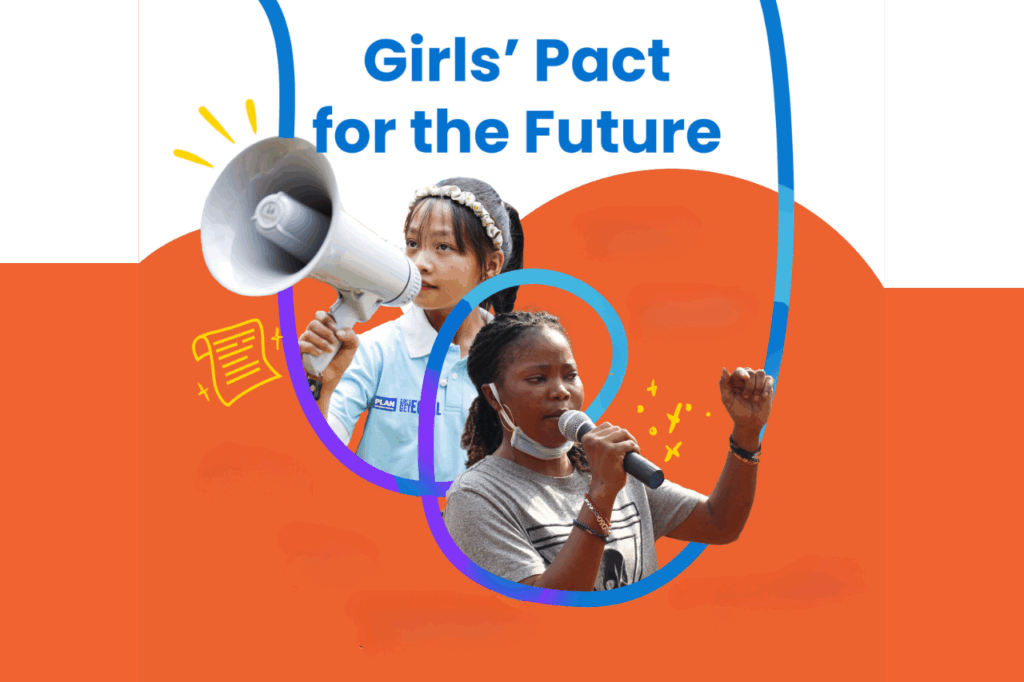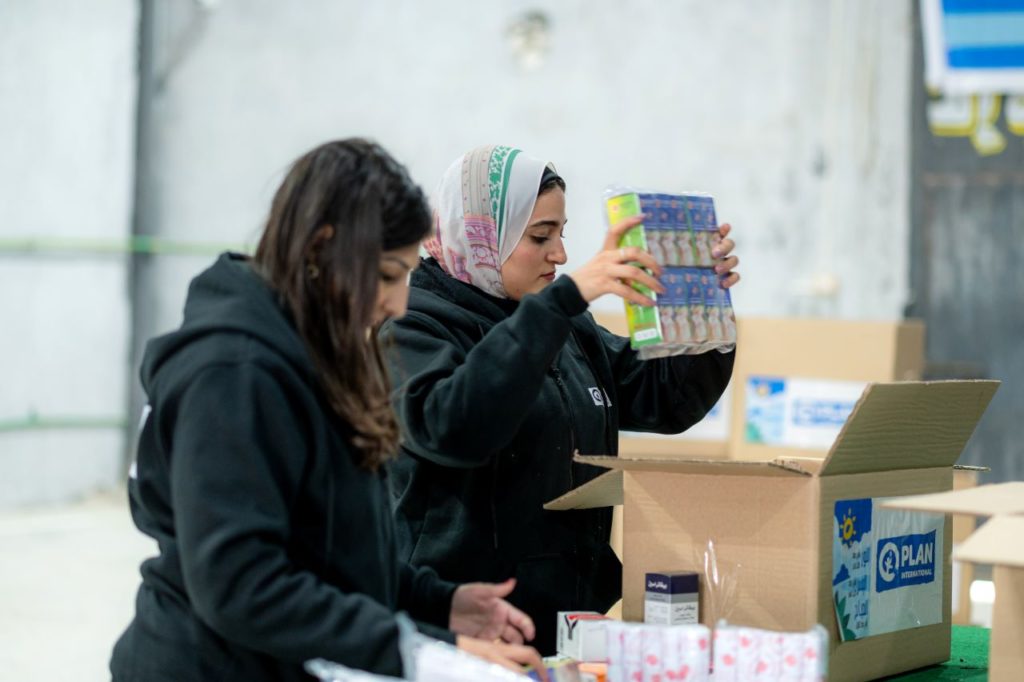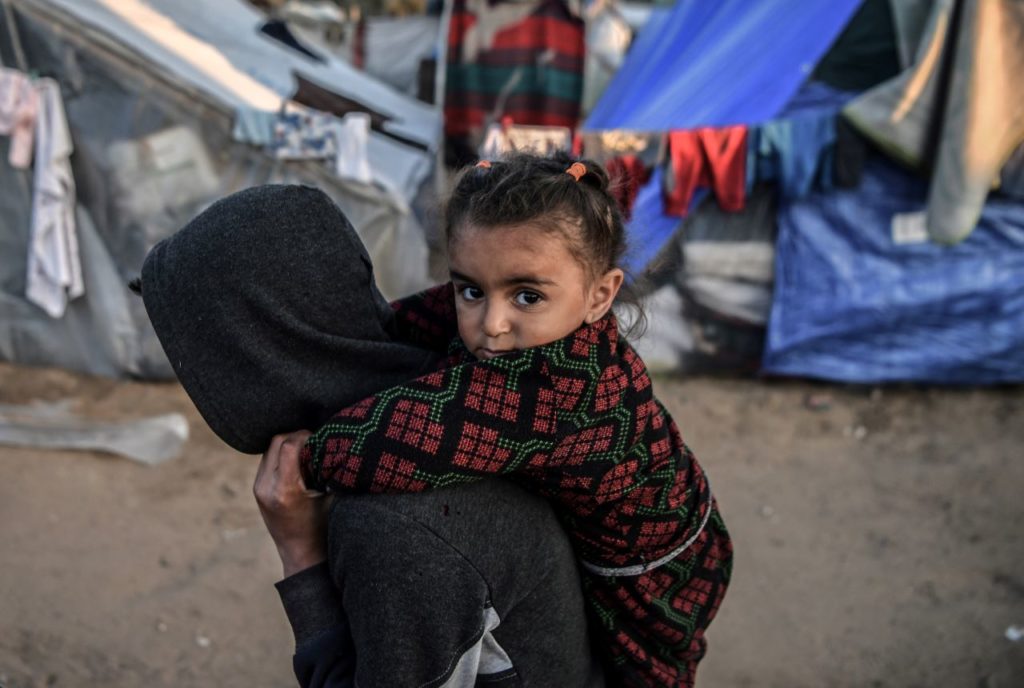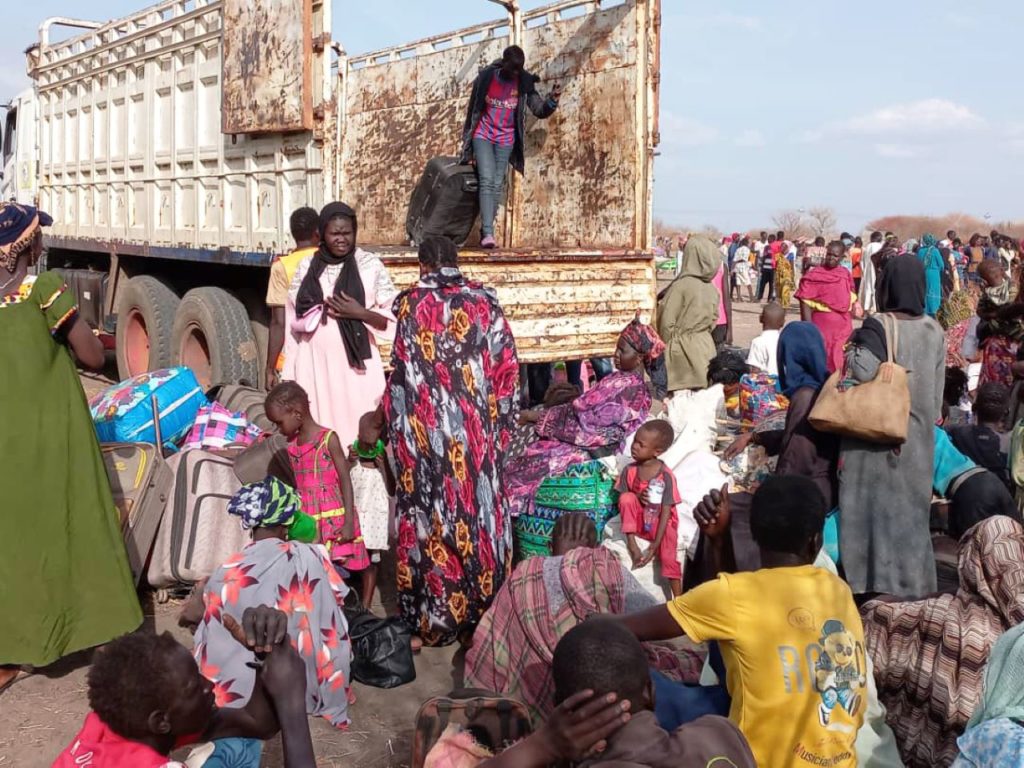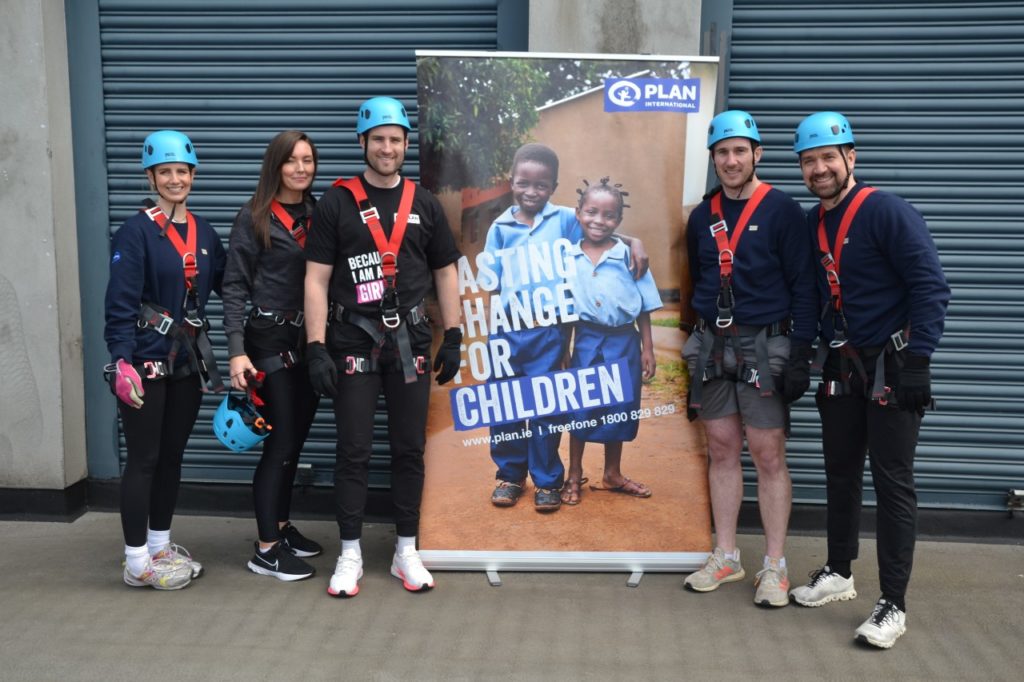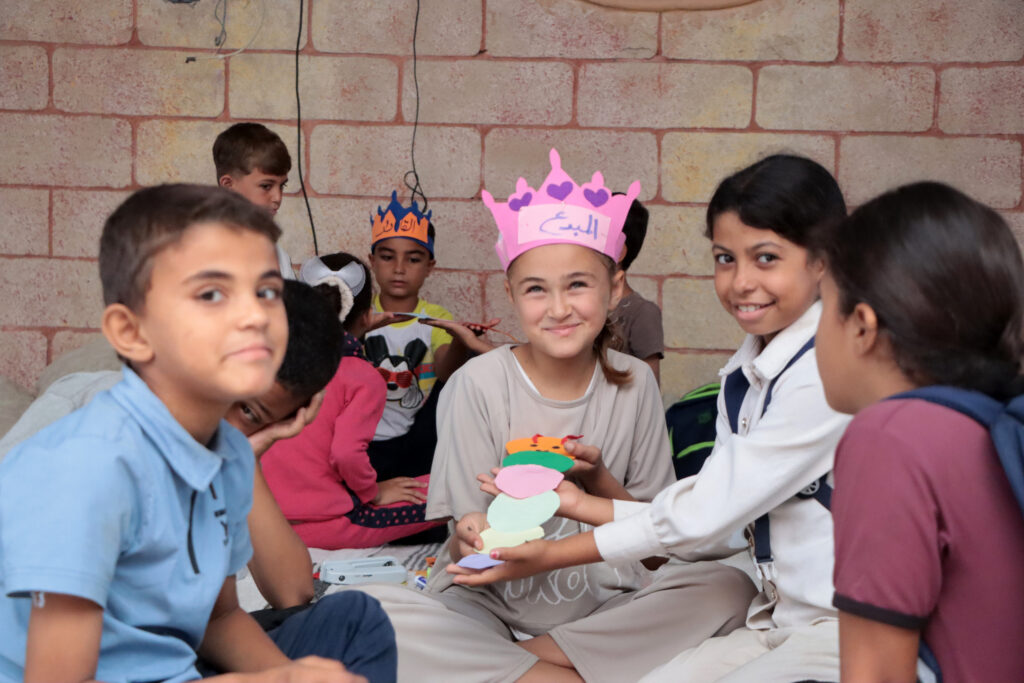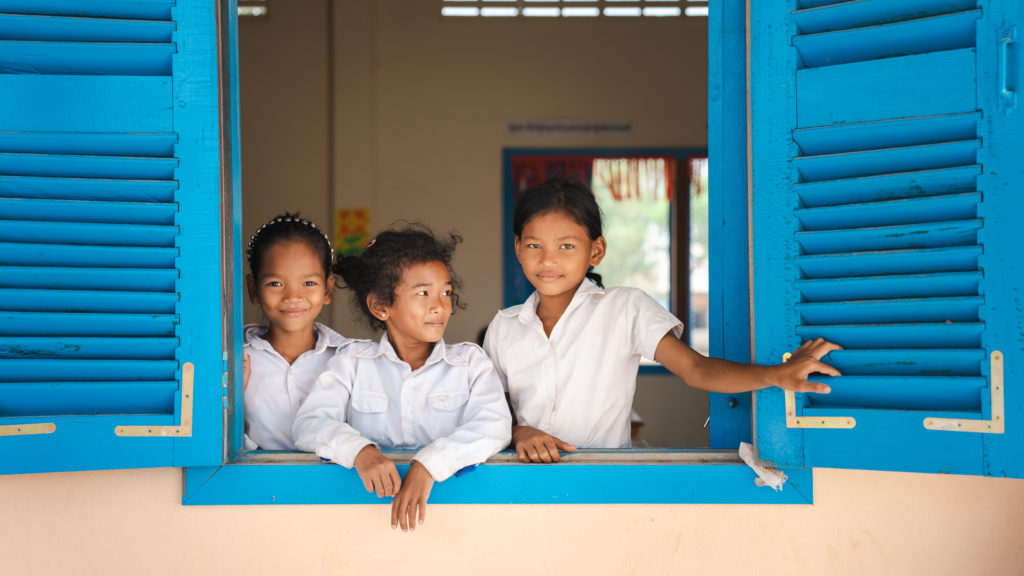In northern Ethiopia, in the rural Amhara region, 75% of girls are married before the age of 18, with many betrothed as young as 12. Low-income families who have no electricity or running water, arrange child marriages as it means one less mouth to feed. It also generates income as the parents will receive a payment known as “bride price” from the groom’s family and wedding gifts from their community.
Across Ethiopia, the situation is not unusual. With 15 million child brides, according to data from Unicef, there are as many girls and women who were married off in their childhoods as there are people in the whole of Ireland, Denmark and Finland combined.
Plan International’s Girls Advocacy Alliance aims to promote equal rights and opportunities for girls and young women. A key part of the project involves training girls and young women to become youth advocates. With this training, they are able to lobby and influence policies at all levels of society, from village elders to government ministers.
When Yekaba’s sister told her their parents were planning to marry her off, the then 12-year-old was determined that early marriage wouldn’t be her fate. “I reported my marriage to my teachers at school,” she says.
The teachers in turn told Yekaba’s aunt, who confronted her father, saying she should cancel the wedding and let his daughter continue her education. But still the parents continued planning the wedding.
So Yekaba enlisted the help of her friends, relatives and members of a local committee created by Plan International to stamp out child marriage. All visited her house but still, he simply wouldn’t listen.
Yekaba gave it one last shot. “I told my dad I’d develop fistula if I fell pregnant because my body isn’t fully developed,” she recalls. “I told him I could even die.” Finally, her father heard her and cancelled the wedding. Yekaba is now continuing with her schooling and hopes one day to become a doctor.
“I’m confident my father won’t try and marry me off early again,” she says.
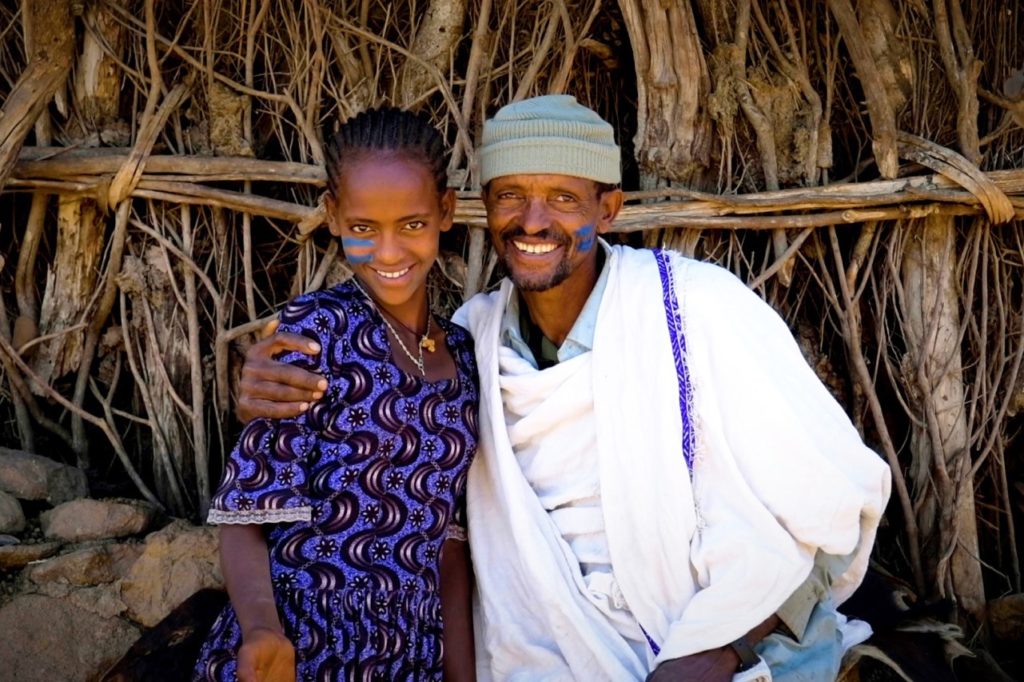
“I wanted to get my daughter married because I’m getting old and find it tiring doing all the work on my farm by myself,” Yekaba’s father says.
“I wanted to have a man around the place who could help me with the work – and I’m also conscious that Yekaba needs someone to give her security in the future. I won’t be able to look after her forever. I didn’t know that it was all wrong.”
“I want Yekaba to be a great woman one day and not want for anything. But I now realise that pushing her to marry at this young age wouldn’t have been right. I love my daughter from the bottom of my heart. Cancelling her marriage made her happy. That makes me happy too.”
